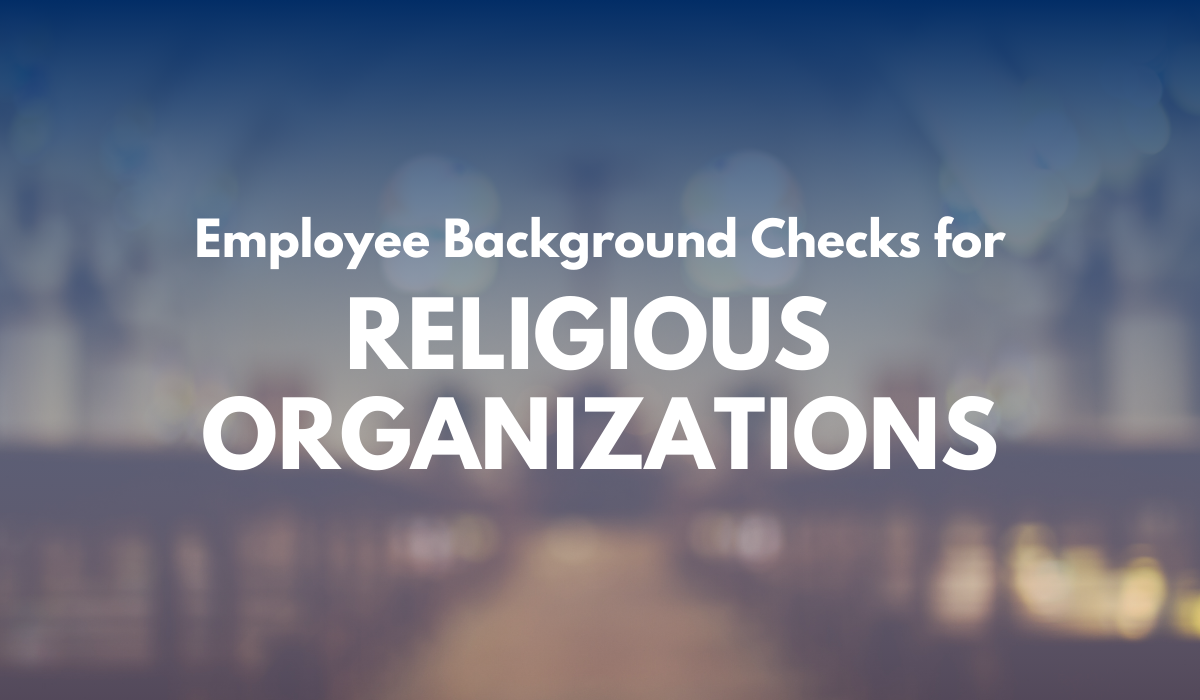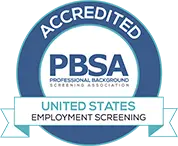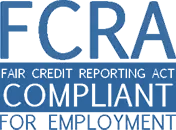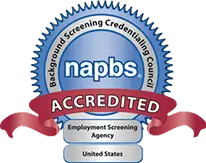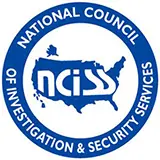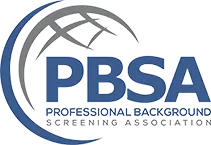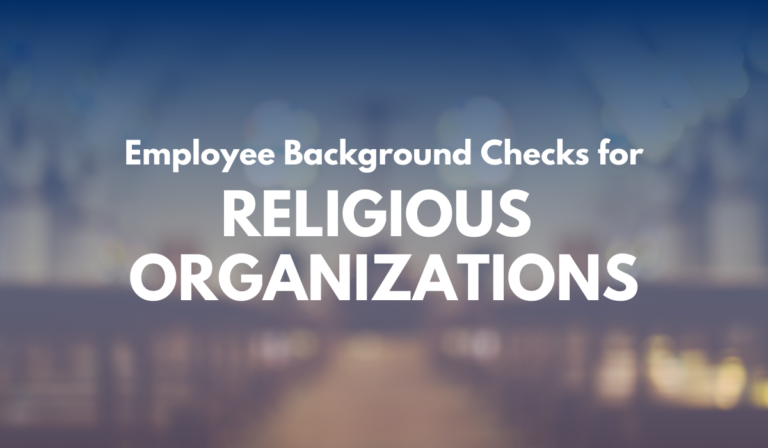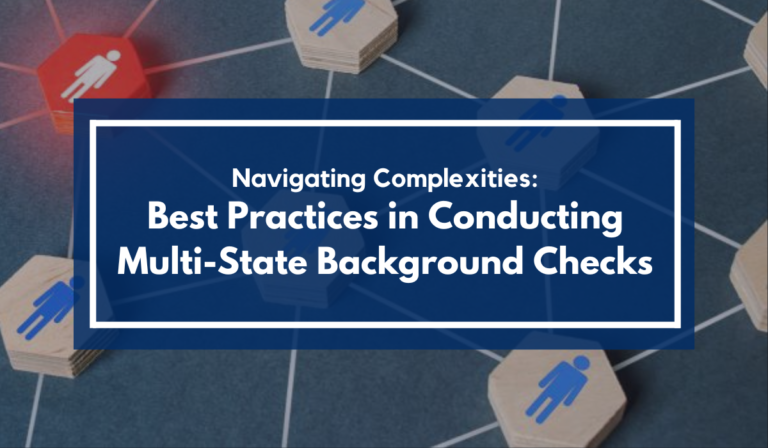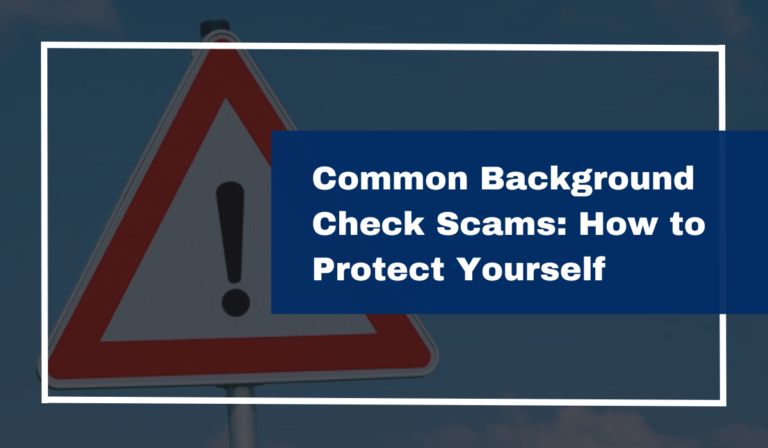In the realm of religious organizations, where trust, moral integrity, and shared values form the foundation of community, the process of selecting employees takes on a unique significance. Employee background checks for religious organizations serve as a protective measure to ensure that those entrusted with roles within religious institutions align with the principles and values upheld by the specific type of faith being referenced. This article explores the importance, challenges, and ethical considerations surrounding employee background checks in the context of religious organizations.
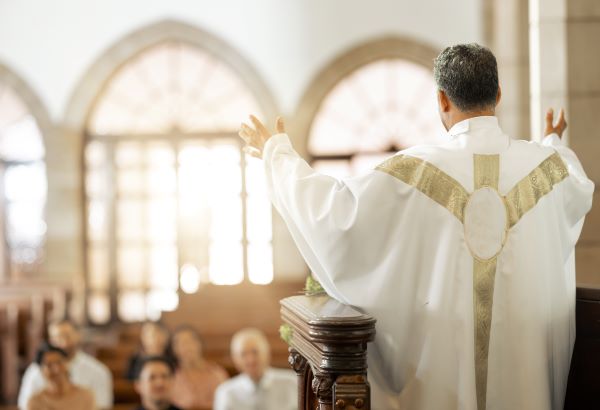
The Unique Significance of Employee Background Checks in Religious Organizations:
Religious organizations play a central role in fostering communities bound by shared beliefs and values. As such, the individuals chosen to serve within the Mose specific religions hold positions of influence and responsibility which in turn will impact the spiritual well-being of the community. Employee background checks in religious organizations carry unique significance for several reasons:
Maintaining Spiritual Alignment
Religious organizations often seek to maintain a cohesive and spiritually aligned community. Employee background checks help ensure that individuals joining the organization share and embody the fundamental values and beliefs central to the faith.
Protecting Vulnerable Populations
Religious organizations frequently serve diverse groups, including children, the elderly, and vulnerable individuals. Background checks are essential in safeguarding these populations by identifying any potential risks or red flags associated with prospective employees.
Upholding Moral and Ethical Standards
Religious teachings typically emphasize moral and ethical conduct. Employee background checks assist in upholding these standards by evaluating a candidate’s past behavior, criminal history, and overall character.
Preserving Community Trust
Trust is the bedrock of any religious community. Ensuring that the employees on staff and payroll for a religious center have undergone thorough background checks builds trust within the congregation, assuring members that the organization is committed to selecting individuals who align with the values and principles of the faith.
Challenges in Employee Background Checks for Religious Organizations:
While the objectives of employee background checks in religious organizations are clear, the process is not without its challenges. Striking a balance between ensuring community safety and respecting individuals’ privacy can be intricate. Key challenges include:
Balancing Transparency with Sensitivity
Religious organizations must navigate the delicate balance between transparency and sensitivity. Communicating the necessity of background checks while being mindful of individuals’ privacy concerns is crucial to maintaining trust within the community.
Legal Compliance
Employee background checks must comply with local, state, and federal laws. Religious organizations need to stay informed about relevant legislation to ensure that their screening processes adhere to legal standards.
Addressing Rehabilitation and Redemption
Many religious traditions emphasize forgiveness, redemption, and the possibility of rehabilitation. Employee background checks must consider how individuals with a history of past mistakes have transformed and whether they are suitable for specific roles within the organization.
Managing Expectations
Clearly communicating the expectations regarding background checks to prospective employees is essential. Providing transparency about the process, its purpose, and the criteria used helps manage expectations and fosters a sense of fairness.
Ethical Considerations in Employee Background Checks
Religious organizations should obtain informed consent from prospective employees before conducting background checks. Clearly explaining the purpose and scope of the check helps establish trust and ensures that individuals are aware of the process.
Fairness and Consistency
The criteria used in background checks should be applied consistently to all candidates. Fairness in the screening process reinforces the organization’s commitment to treating individuals equitably.
Respecting Privacy
Respecting individuals’ privacy is paramount. Background checks should focus on relevant information related to the position and avoid unnecessary intrusion into personal matters that are unrelated to the role within the organization.
Considering Rehabilitation
Religious teachings often emphasize the possibility of rehabilitation and redemption. Employee background checks should consider individuals’ efforts towards rehabilitation and personal growth, allowing for a nuanced understanding of their suitability for specific roles.
Cultural Sensitivity
Different cultures may have varying perspectives on the relevance of certain information in background checks. Religious organizations should be culturally sensitive and considerate in their approach, recognizing that perspectives on rehabilitation and past mistakes can differ.
Best Practices for Employee Background Checks in Religious Organizations:
Establish Clear Policies
Religious organizations should develop clear policies outlining the purpose, process, and criteria for employee background checks. This transparency helps create an atmosphere of trust and ensures that candidates understand the organization’s expectations.
Conduct Position-Relevant Checks
Tailoring background checks to the specific requirements of each position is crucial. Focus on information that is directly relevant to the responsibilities and nature of the role within the religious organization.
Provide Rehabilitation Opportunities
Acknowledge and provide opportunities for individuals with a history of past mistakes to demonstrate their rehabilitation and commitment to personal growth. Consideration of redemption aligns with many religious teachings and values.
Offer Supportive Resources
Employee background checks may uncover sensitive information. Religious organizations should be prepared to offer supportive resources, such as counseling or mentorship, to individuals facing challenges revealed during the screening process.
Regular Training for Decision-Makers
Those involved in the decision-making process should receive regular training on the ethical considerations and legal obligations surrounding employee background checks. This ensures consistency and fairness in the application of screening criteria.

Employee background checks in religious organizations are a vital aspect of maintaining the integrity and trust within religious communities. By balancing a sense off transparency with sensitivity, keeping in tact whatever legal parameters are in place state by state, and embracing ethical considerations, these organizations can uphold their values while ensuring the safety and well-being of their congregations. The process should be approached with a general sense of moral right, recognizing the potential for rehabilitation if that is entirely necessary and personal growth in individuals while maintaining a commitment to the fundamental principles of the faith. In navigating the ethical landscape of employee background checks, religious organizations can build a foundation of trust and community cohesion.
Take Action to Secure Your Religious Community
As leaders in employment screening, it is our duty to assist others in maintaining a safe and aligned community. Employee background checks are not just a procedural step but a fundamental practice to uphold our values and protect those we serve. We encourage you to implement thorough and respectful background checking processes to ensure your staff reflects the integrity and moral standards of your organization.
Start today by enhancing your background check policies and ensuring they meet both ethical and legal standards. For more guidance and to ensure you’re fully equipped, contact us for expert advice on establishing effective background check strategies tailored to religious organizations.
